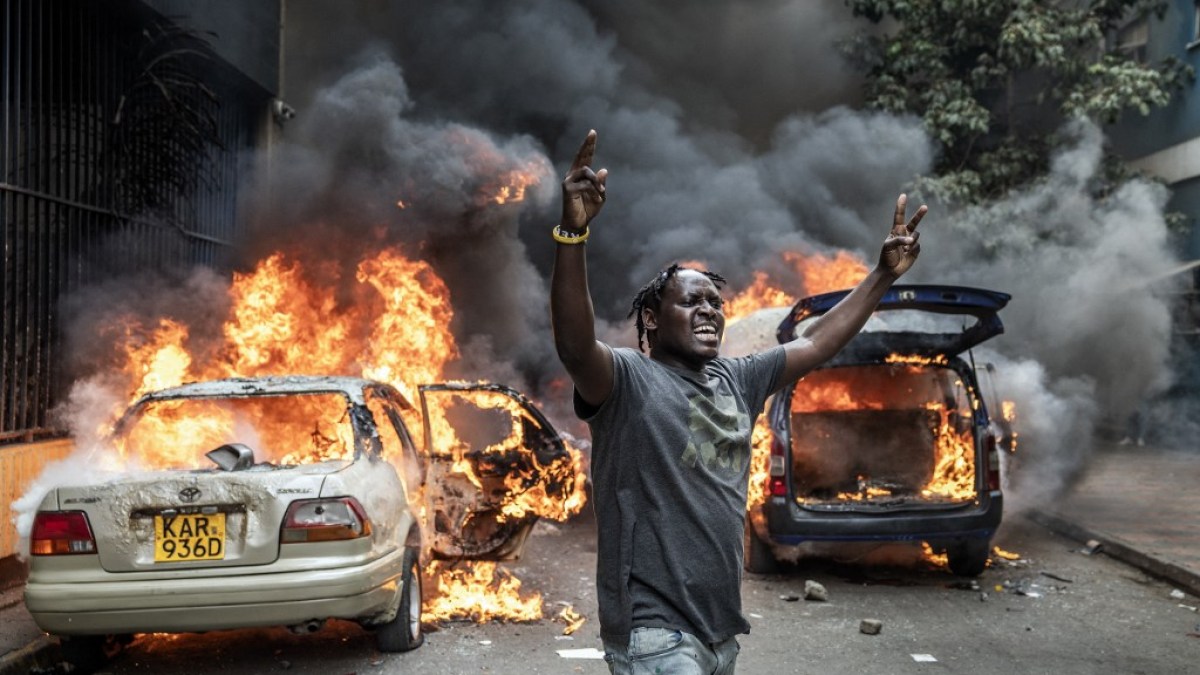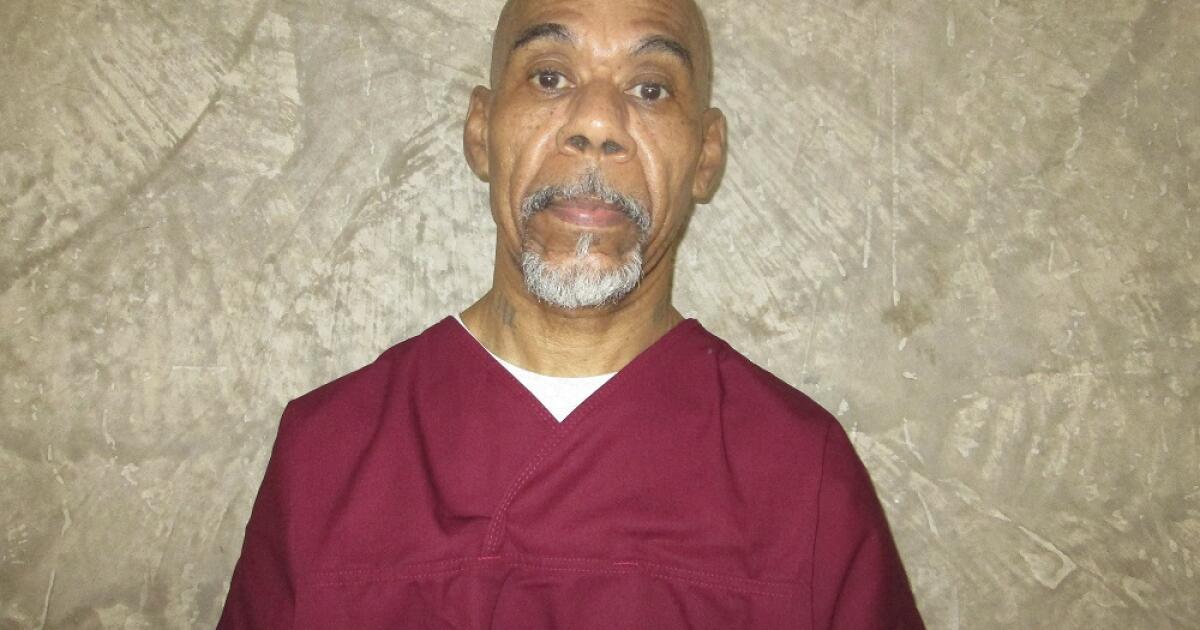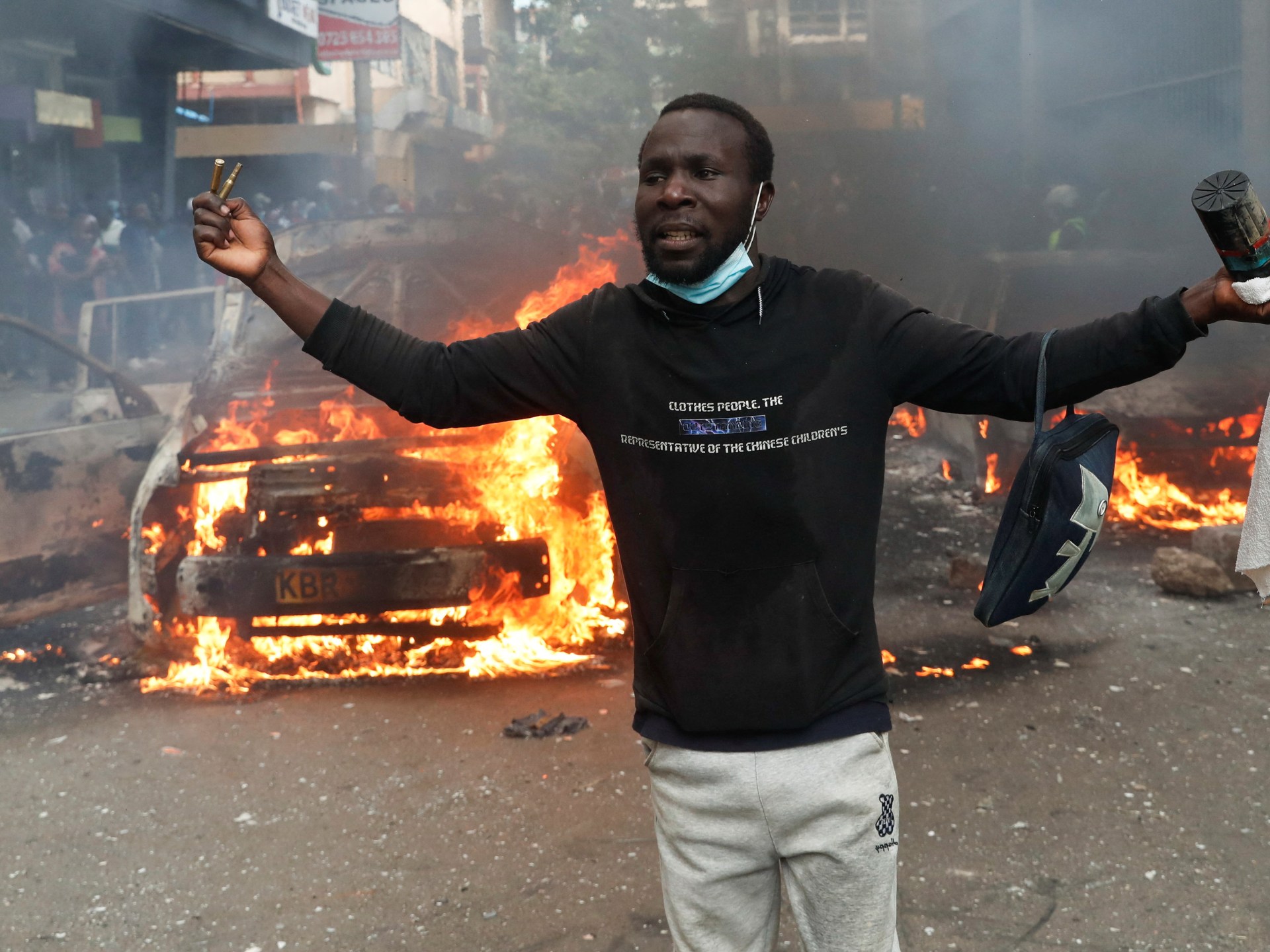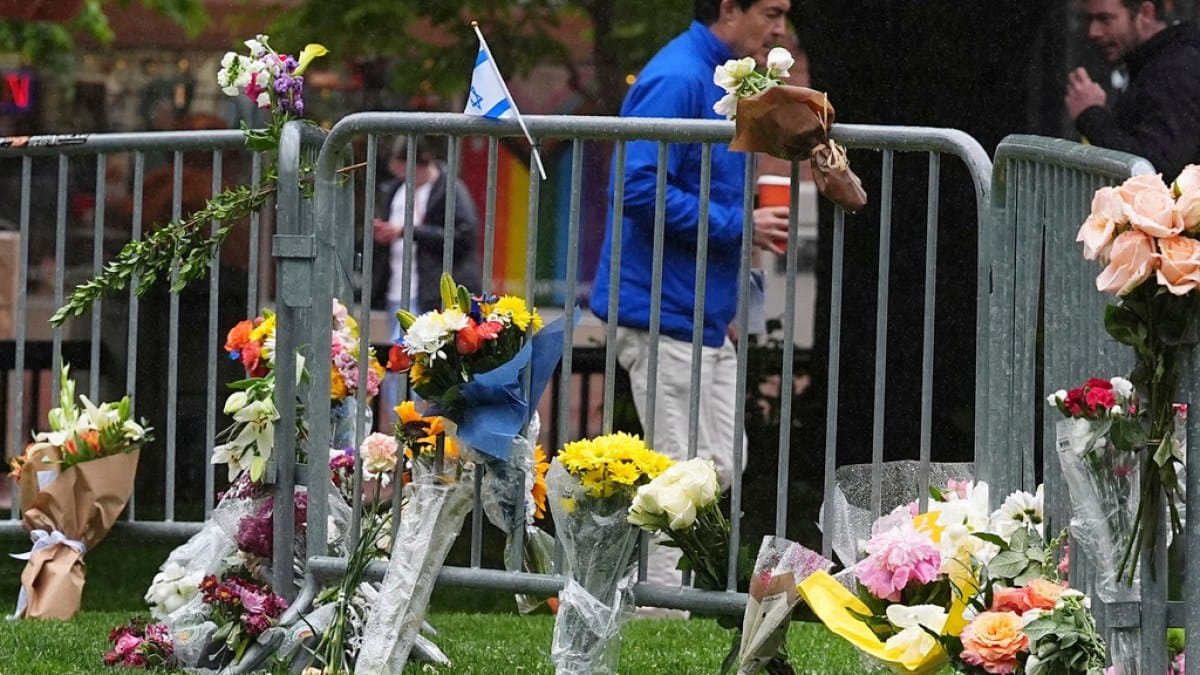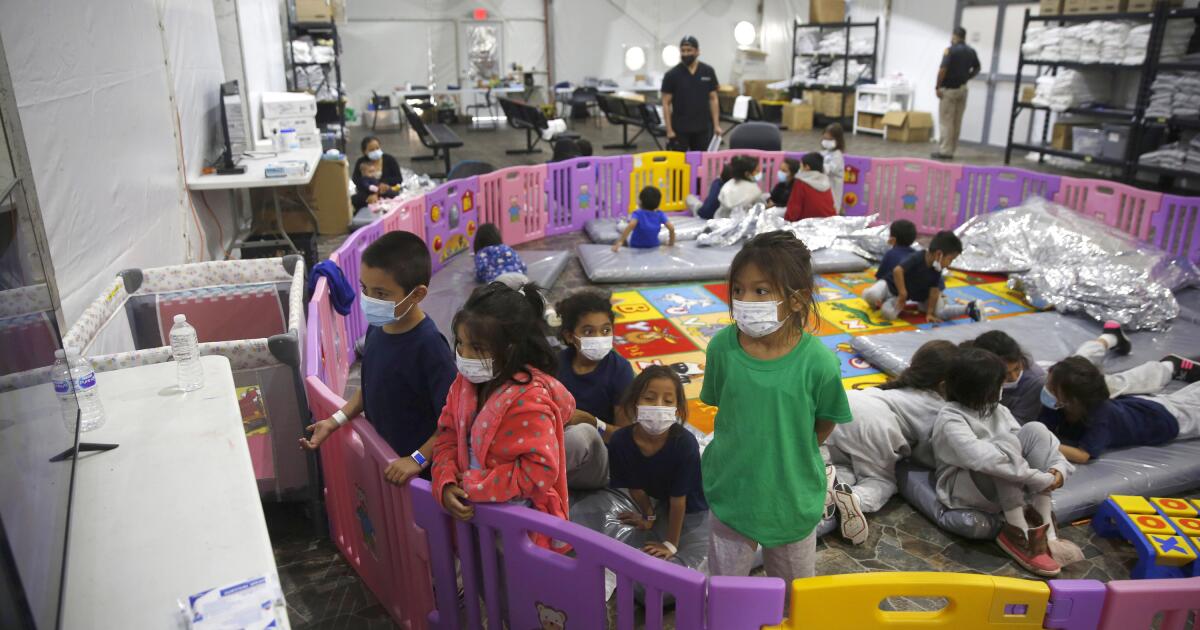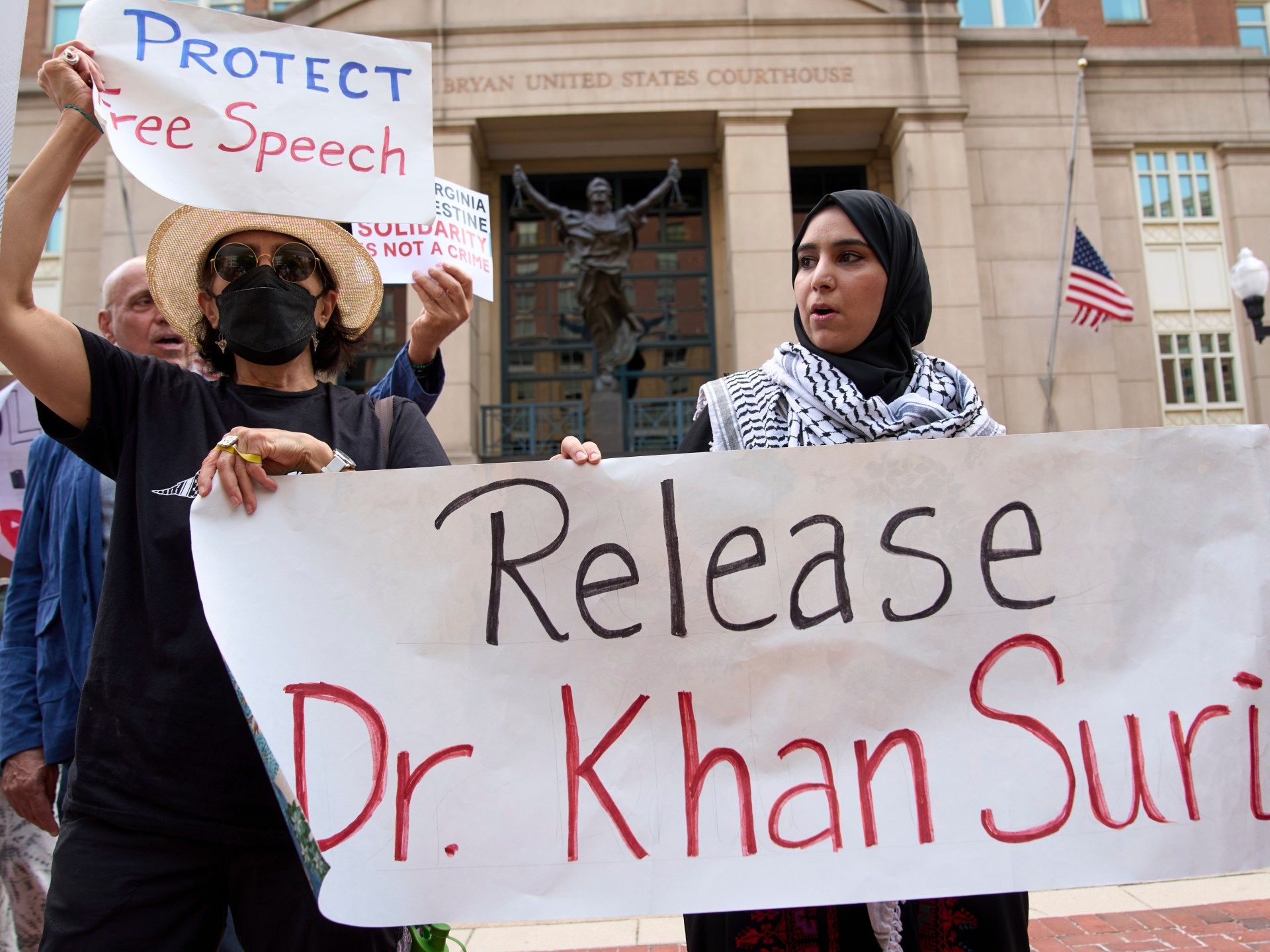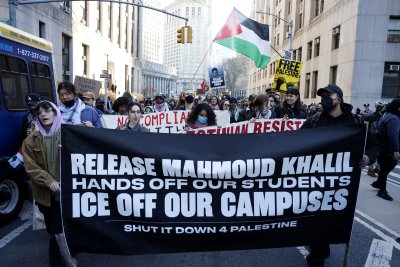Kenya police officer arrested over blogger’s death in custody | Civil Rights News
Hundreds of people have joined protests over the death in police custody of political blogger Albert Ojwang.
A Kenyan police officer has been arrested in connection with the death of Albert Ojwang, a political blogger who died in police custody, in a case that has reignited anger over police abuse and triggered street protests in Nairobi.
Police spokesperson Michael Muchiri said on Friday that a constable had been taken into custody, the AFP news agency reported.
He did not give further information, referring queries to the Independent Policing Oversight Authority (IPOA), which is leading the investigation. There was no immediate comment from the IPOA.
Ojwang, 31, was declared dead on Sunday, two days after his arrest in the town of Homa Bay in western Kenya for allegedly criticising the country’s deputy police chief Eliud Lagat.
The police initially claimed Ojwang fatally injured himself by banging his head against a cell wall, but an autopsy revealed injuries that pathologists said were “unlikely to be self-inflicted”.
The government’s own pathologist found signs of blunt force trauma, neck compression and soft tissue injuries, suggesting an assault. Independent pathologist Bernard Midia, who assisted with the post-mortem, also ruled out suicide.
Amid growing pressure, President William Ruto on Wednesday said Ojwang had died “at the hands of the police”, reversing earlier official accounts of his death.
The incident has added fuel to longstanding allegations of police brutality and extrajudicial killings in Kenya, particularly following last year’s antigovernment demonstrations. Rights groups say dozens were unlawfully detained after the protests, with some still unaccounted for.
Earlier this week, five officers were suspended to allow for what the police described as a “transparent” inquiry.
On Thursday, protesters flooded the streets of the capital, waving Kenyan flags and chanting “Lagat must go”, demanding the resignation of the senior police official Ojwang had criticised.
Ruto on Friday pledged swift action and said that his administration would “protect citizens from rogue police officers”. While Ruto has repeatedly promised to end enforced disappearances and extrajudicial killings, human rights groups accuse his government of shielding security agencies from accountability.
According to IPOA, 20 people have died in police custody in just the past four months. The death of Ojwang, a vocal online critic, has become a symbol of growing public frustration with unchecked police power.
International pressure is mounting, with both the United States and European Union calling for a transparent and independent investigation into Ojwang’s death.
